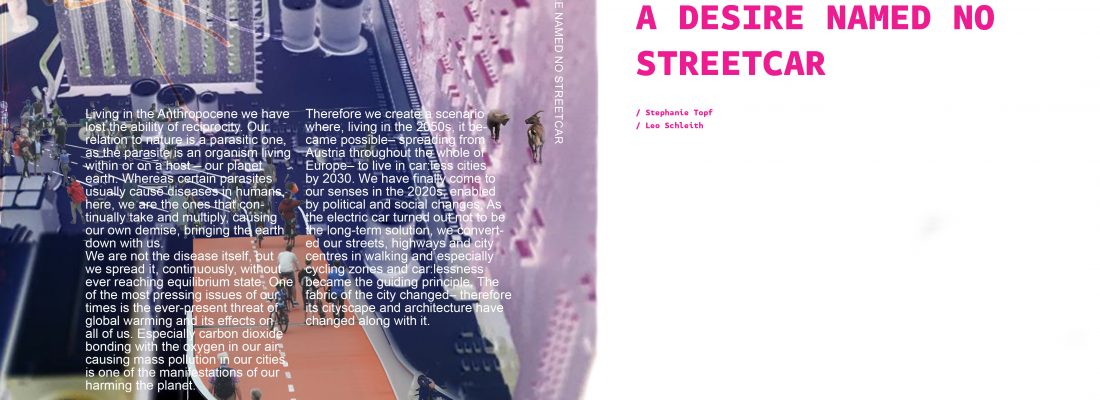
“Any I that responds to the Anthropocene—that intercepts the Anthropocene as address— responds to and within a broad, uncomfortable, and for most of the human population frankly unfair we. More than a conceptual tool for altering our relationship to the earth—as a particularly potent enthymeme in climate activist discourse—the Anthropocene is a material interruption that obligates any I to respond to the Earth, as us. It is a material trace—a layer of sediment mixed with plastics and pesticides and the sudden erasure of thousands of species—that refuses a singular response. The Anthropocene creates a moment where I am interrupted by we; as a trace upon the earth, it articulates—joins and separates—human and the earth, I and we. This we, carries with it not only humans but the earth at its broadest consideration. Even while we rest upon the earth and are made from the earth, we emerge in response, and in relation to, distinct from the earth, from each other.”
(LeMieux 2018 )
Michel Serres‘ 1980 book „le Parasite“ (the parasite) offers deeper insights in a theory where the human is considered a parasite on our planet (although focussing mainly on human social interaction), which in a way follows the notion of the Anthropocene.
HUMAN PARASITIC BEHAVIOUR
Balance of giving and taking is the core of a sustainable and peaceful relation, in society, as well as in nature. One of the very aspects of most parasites is that they take but do not give, they create imbalance and satisfy their needs until they feel saturated. With Serres, parasitism is considered a one- sided relation in the sense that the guest exploits the host. “If the „guest“ is a tax-collector, in the broadest sense, I consider him to be a parasite in the political sense, in that a human group is organized with one-way relations, where one eats the other and where the second cannot benefit at all from the first.” Serres’ understanding of parasites was an expanded one, with many different types of intersubjective parasites in a social, physical or political sense. Serres came up with the concept of the “…parasitic chain, the ladder of exchange or giving.” (ibid 4) To explain his theory he uses fables. The parasitic relation itself is quite simple- the host can never benefit from the guest. For Serres humans are the ultimate, universal parasite. (cf. LeMieux 2018)Our constant harming of the earth – exploitation, damage and destruction – might lead to the belief, that our behaviour might be a parasitic one, to the extent where the balance of taking and giving is no longer existent. Are we humans Serres’ “guests on Earth”, the so-called “tax collectors” (ibid 5) of natural resources, provided by the Earth, our host? Does our consumption and exploitation of nature render us parasites?
